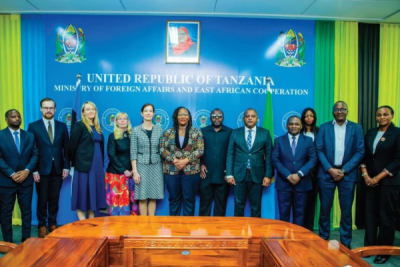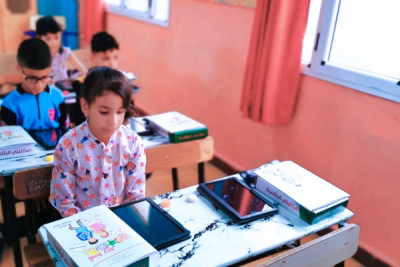- Senegal has adopted a national digital health policy to coordinate health sector digitization and improve service efficiency and data governance.
- A draft digital health law is being finalized to regulate the use, security, and confidentiality of medical data.
- The $150M World Bank–funded PAEN project supports this effort, including expanding electronic patient records to six more regions in 2025.
Senegal has officially adopted a digital health policy framework designed to structure the digitization of its medical sector. Approved on Monday, April 28th, by Health and Social Action Minister Ibrahima Sy, this document aims to integrate digital technologies into healthcare services while enhancing their governance and efficiency.
Speaking about the new framework, Minister Sy stressed the importance of better coordinating the numerous digital initiatives already in progress, which are often implemented in a disjointed manner. A primary goal is to prevent redundancy and optimize resources. He also underscored the urgent need for a strong legal framework to ensure the security and confidentiality of citizens' health data.
In line with this, a draft law on digital health is being finalized and will soon be submitted to the General Secretariat of the Government. This legislation seeks to formally regulate the use of technology within the health system by establishing clear guidelines for the collection, storage, and utilization of medical data.
These initiatives are part of the Digital Economy Acceleration Project (PAEN), a $150 million initiative financed by the World Bank through 2028. PAEN notably aims to strengthen high-speed connectivity resilient to climate risks and to promote the adoption of online public services, including the electronic patient record (EPR).
The program plans to expand the electronic patient record (EPR) to six additional regions starting this year, following a pilot phase conducted in several facilities in Dakar. These included the Abass Ndao and Thierno Birahim Ndao hospitals, the Khadim Rassoul health center, and the HLM Fass health post.
Despite this progress, significant challenges remain. A key concern will be preventing digitization from widening disparities in access to care, particularly in rural or poorly connected areas. The widespread availability of digital tools, the inclusion of the most vulnerable populations, and the training of healthcare personnel will be critical for the success of this transition.
Ultimately, the success of this transformation hinges on robust governance of health data to maintain public trust in these new systems. Therefore, its success will depend on its ability to effectively combine innovation, equity, and security.
Samira Njoya



















